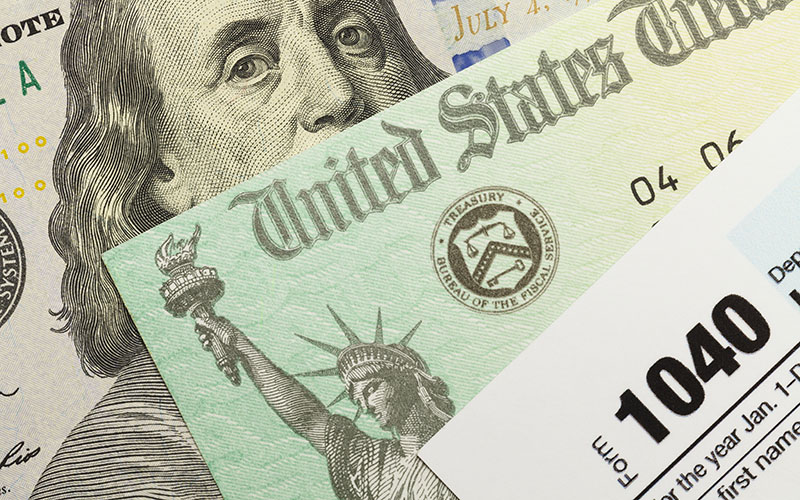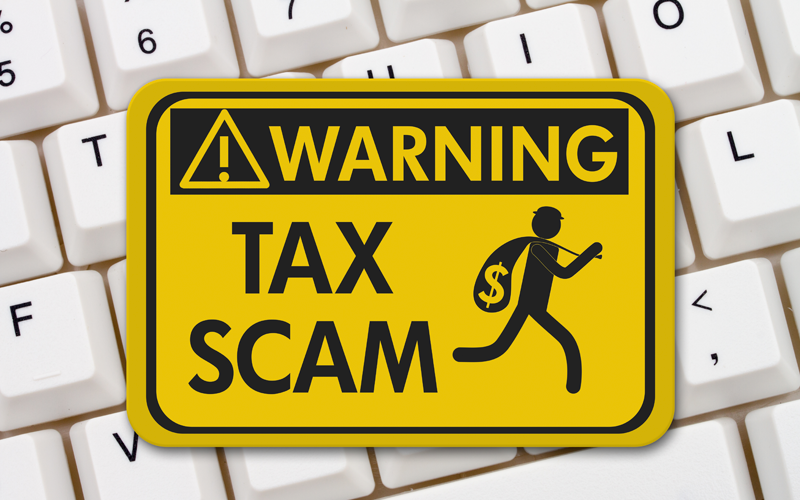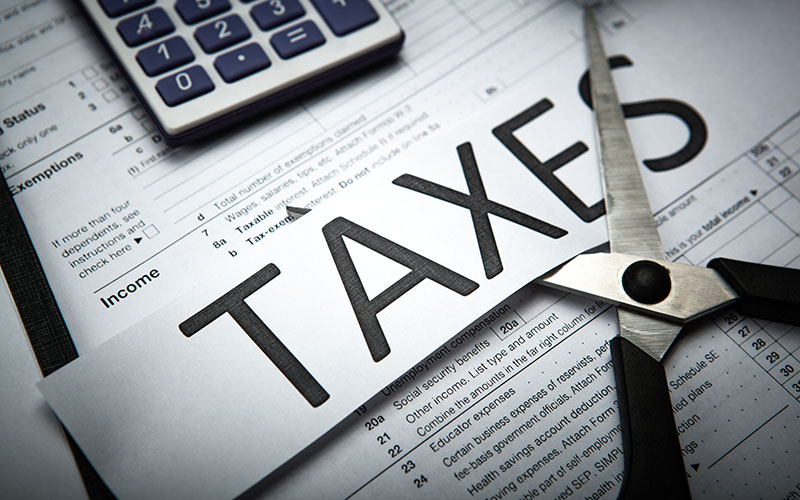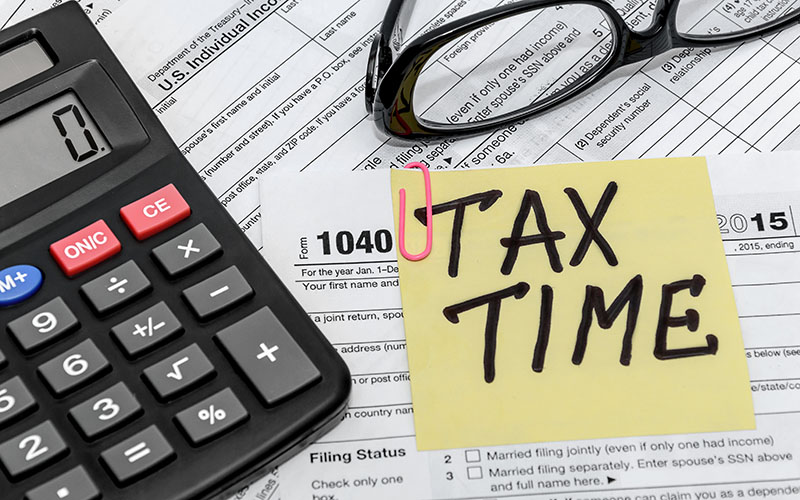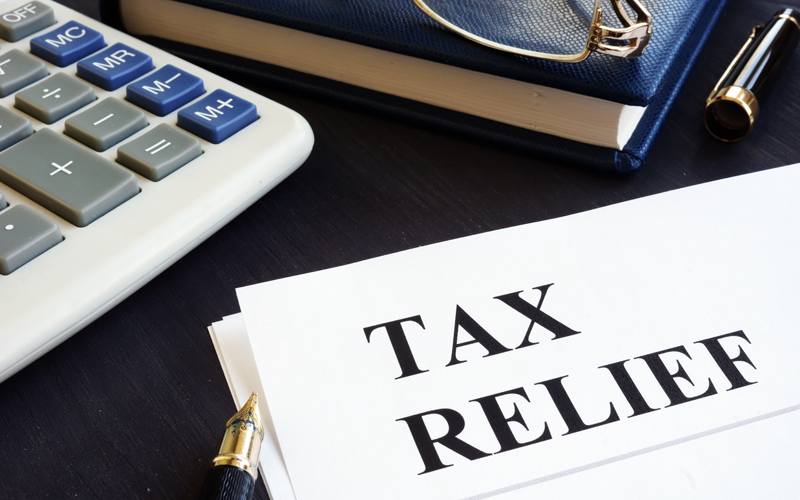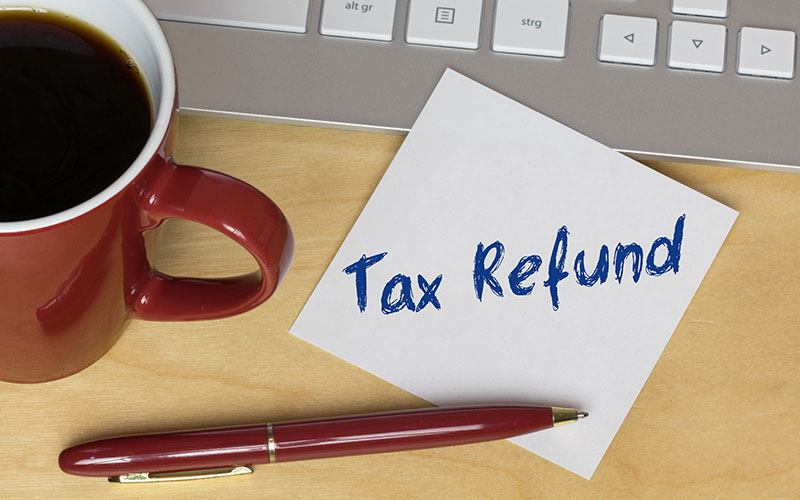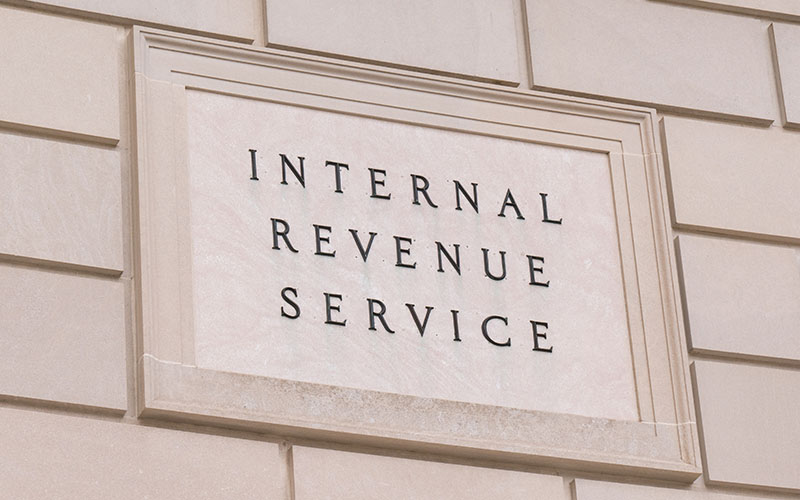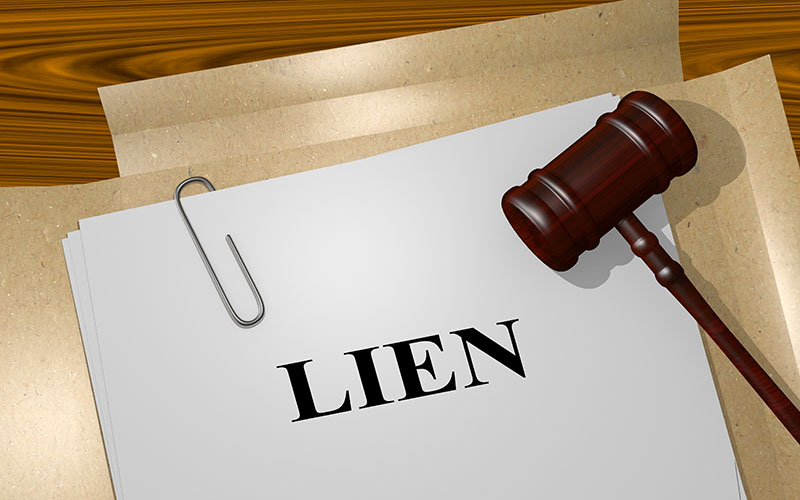How To Deal With Payroll Tax Debt: A Relief Guide For Employers
Key Takeaways
- Payroll taxes differ from income taxes and include Social Security, Medicare, and unemployment taxes, which employers must withhold and remit quarterly using IRS Form 941
- Failing to file or pay payroll taxes can lead to severe consequences, including IRS investigations, business asset seizure, criminal charges, and non-dischargeable debt
- The IRS holds responsible parties accountable, often targeting business owners or those with financial authority for unpaid payroll taxes
- To resolve payroll tax debt, act quickly, file all overdue returns, get current on deposits, and work with a tax professional to explore installment agreements or Offers in Compromise
- Prevent future issues by hiring bookkeeping and tax professionals, tracking deadlines, and ensuring taxes are filed and paid on time

Owning a business means you wear many hats.
You’re responsible for making sure the bills get paid, developing new products and services, and hiring and firing employees.
But you’ve got one more very important job that must be done each quarter: You have to pay payroll taxes.
This responsibility easily can slip through the cracks due to all the hustle and bustle of your daily schedule, leading you to become delinquent with the IRS.
If you have unpaid payroll taxes, read on to learn what you can do to correct the situation and how you can avoid future problems with the IRS.

Payroll Taxes Vs. Income Taxes
Before you can begin to understand what payroll tax debt is, you must first understand how payroll taxes are different from income taxes.
Income Taxes
Income taxes are the taxes on individuals based on their incomes. There are both state and federal income taxes.
The amount each individual has withheld from each paycheck is different based on a variety of factors, including their number of dependents. However, it is your job as a business owner to withhold the appropriate amount from each employee’s paycheck and pass those funds on to the IRS or your state taxing agency.
If an employee fails to pay proper income taxes to the IRS or a state taxing agency, it is their individual responsibility to make that debt right. This includes debts that result from them improperly having funds withheld from their paychecks.
Payroll Taxes
Payroll taxes include income taxes. There also are two other types of taxes included in payroll taxes: Social Security tax and Medicare tax.
It is an employer’s responsibility to properly calculate and withhold the correct amount for each of the payroll taxes from each employee’s check. The employer is then legally required to pass the taxes in each category on to the state and federal taxing bodies.
If you, as an employer, fail to pay payroll taxes, it is considered theft from your employees. Failing to pay the correct amount of payroll taxes can result in aggressive actions from the IRS.
Do I Have To Withhold Taxes From My Employees?
Yes, you are legally required to withhold the proper amount from your employees’ wages for Social Security taxes, Medicare taxes, federal income taxes, and any state income taxes.
You must then send the employees’ share of these taxes, along with your legally obligated share, to the appropriate taxing bodies on a quarterly basis.
As an employer, you also must pay an unemployment tax for each employee that works for you.
What Is Form 941?
Form 941 is an official IRS form that all employers must use when filing their quarterly payroll taxes.
A Form 941 must accompany each quarter’s payroll tax deposits.
How to Fill Out Form 941:
- Type or print your Employer Identification Number (EIN), name, and address in the space provided on Form 941. Do not use your Social Security number or individual taxpayer identification number (ITIN), as these are just for individual tax returns. Also, use the business’s name you used when applying for your EIN.
- Check the box for the appropriate quarter.
- Completely fill out the required fields on the form. Do not use dollar signs or decimal points; instead, add dollar values to the left of the preprinted decimal point and cents to the left. Using commas is optional.
- Leave blank any fields where you would enter a zero.
- Include your name and EIN on all pages of Form 941.
- Enter your name, EIN, “Form 941,” the quarter, and tax year on all attachments.
- Send the completed Form 941, any attachments, and your payment to the IRS office. Keep a copy for your records.
What Happens If An Employer Doesn’t File Taxes?
There’s a pretty simple answer to this question: Payroll taxes are technically the government’s money, and the IRS will come after you to get their money.
Failing to file or pay payroll taxes can be considered a federal offense, with fees and penalties stacking up much more quickly than they do for individual taxpayers with unpaid taxes.
There are a few possible consequences for not filing or paying payroll taxes, and you as a business owner could be subject to some or all of them.
Additionally, the IRS can hold anyone involved with your business liable for the unfiled or unpaid taxes if they had a hand in the fraud. That means managers, payroll agents, and even third-party accountants can face consequences for unpaid payroll taxes.
Some of the consequences that could occur include:
IRS Investigation
If the IRS believes you have not properly paid your payroll taxes, it may refer your case to the Criminal Investigation Division and the Department of Justice.
This kicks off a full-scale investigation of your business and its tax payment practices. This could lead to the investigative team finding that you or someone in your business has committed more than just the unpaid payroll tax fraud, leading to more charges and consequences.
Loss of Business
Should it be determined that you haven’t properly filed or paid your payroll taxes, the IRS can seize any or all of your business’s assets to repay the debt. This includes inventory and machinery.
In other words, being found to have committed payroll tax fraud can lead to the complete closure of your business.
Criminal Charges
Although rare, unpaid payroll taxes can lead to felony charges that come with the consequences of years in prison or hefty fines.
Criminal charges typically are reserved for those very serious cases, such as an individual within the business diverting money that should have been sent to the IRS for personal use, such as paying off creditors or personal purchases.
Financial Penalties
Anyone found to have participated in failing to file or pay payroll taxes is subject to a penalty equal to the amount of taxes that were not correctly collected and paid. Depending on the size of your company and the amount of taxes that weren’t paid, this quickly could become an amount that’s unmanageable to repay.
A debt to the IRS for unpaid payroll taxes is not dischargeable if you file for personal bankruptcy, meaning you’ll have to pay the IRS back no matter what.
How Does The IRS Determine Who’s Responsible For Payroll Tax Debt?
In a business, any number of people can have a hand in the failure to properly file or pay payroll taxes.
Is the owner the responsible party? Or maybe the bookkeeper didn’t send the check? What happens if it was a manager that misdirected the funds?
When determining who should be held responsible in the event that payroll taxes are left unpaid, the IRS takes a variety of factors into consideration.
Some of those factors include:
- Who has the power to compel or prohibit the payment of funds, such as threatening someone with their job if they send a check to the IRS
- Who has the authority to sign checks
- Who has the authority to make decisions regarding the disbursement of funds and payment of debts
- Who the officer or director of the corporation is
- Who controls the company’s payroll
- Who prepares and signs all payroll tax returns
- Who actively participates in the day-to-day operations of the business
- Who is responsible for hiring and firing employees
As may be obvious from this list, the IRS is usually looking for the person who has the most power and authority within the company. More often than not, this is the owner or owners.
What If My Business Outsources Payroll Processing?
Having a third-party service or non-owner employee handle all matters related to payroll, including payment of payroll taxes, is not uncommon for many businesses.
This setup does not necessarily mean the employee who didn’t send the tax payment is at fault, however.
Ultimately, responsibility for whether or not the payroll taxes get paid falls on the shoulders of the person with the most authority. In theory, the owner or another higher-up employee should check to see whether or not taxes were properly filed and should catch a mistake or misdeed by an employee before it causes a problem.
In addition, if the person who is charged with the ultimate authority for filing the payroll taxes didn’t pay them for fear of getting fired, that doesn’t necessarily absolve them from consequences.
The courts have determined that the person charged with paying the payroll taxes cannot put their own interest (For example, keeping their job) above ensuring that they follow the law and pay the IRS.
How to Settle Payroll Tax Debt
If you know your business has unpaid payroll taxes that it owes the IRS, there are some important steps you must follow to settle your payroll tax debt.
Act Right Away
As soon as you realize you have unpaid payroll taxes, it’s important that you begin taking corrective measures.
The longer you wait to take action, the greater the consequences may be for you and your business.
Start by consulting with a tax professional to explore your options, such as an installment agreement, that can help you get current with the IRS while keeping your business open.
Get Current on Tax Returns
Even if you do not have the money to pay what you owe, it’s most important to be sure that you’ve got all necessary tax returns filed.
Begin by completing and filing the most recent unfiled return first, then work your way backward.
Set aside money to pay your most recent payroll tax debt first. You can make good-faith payments on any other debts you may have, showing the IRS that you’re working to correct the problem.
Get Help
Do your best to avoid talking to the IRS on your own.
The agent on the other end of the line could ask questions or get you to offer up information that can implicate yourself, leading you to bigger problems.
Instead, hire a tax professional, particularly one that specializes in settling payroll tax debt, to help you work with the IRS. This person not only can talk to the IRS on your behalf but also can work with you to put together a plan for resolving your payroll tax debt.
Explore Your Options
If you owe back payroll taxes, there are options available to you to get the debt taken care of.
You may be able to set up an installment agreement with the IRS, which has you paying a set amount of money each month for a number of months or years until your debt is paid off.
Business owners who face serious financial hardship may qualify for an IRS Offer in Compromise agreement.
With an Offer in Compromise, the IRS agrees to accept less money than they’re owed and, once you pay off the reduced amount, your debt is wiped clean.
An experienced tax professional can evaluate your individual situation to see if these or another method of tax relief may be available to you, and they can help in gathering the necessary information to apply for your chosen relief from the IRS.
Pay Current Deposits
Before you begin pursuing tax relief options with the IRS, you need to ensure you’re current on all your payroll tax deposits.
Paying these first helps keep you from getting any further behind on your payroll taxes.
File Form 433-B
Work with your tax professional to complete and file Form 433-B with the IRS.
This form allows you to give details about your business to the IRS, including:
- Income
- Assets
- Expenses
- Debts
This form must be submitted before you can enter into any negotiations with the IRS. It helps the IRS determine how much you can afford to pay on your debt each month, helping you negotiate a proper settlement.
Gather Documents
In order to qualify for an installment agreement, Offer in Compromise, or other payroll tax relief, you must present a variety of documents to the IRS.
Some of the information you need to gather includes:
- Bank statements
- Year-to-date profit and loss statements
- Copies of your business’s monthly bills
- Accounts receivable aging reports
- Recent payroll summaries
- Proof of federal tax deposit statements
The IRS will use these documents, along with your responses on Form 433-B, to determine how much your business makes and how much you can afford to repay each month.
Follow IRS Deadlines
It is essential that you follow all IRS deadlines when working to pay off your payroll tax debt. That includes ensuring that all forms are filed, documents submitted, and payments made on time.
Failing to comply with IRS deadlines when you’re already in a precarious position can lead to further problems, including the freezing or seizure of business assets or the forced closure of your business.
How Can I Prevent Payroll Tax Issues In The Future?
As a small business owner, you are at higher risk for not properly filing or paying your payroll taxes than are large corporations. This is partially due to incomplete understanding of the rules and regulations, but also because small businesses are less likely to employ outside tax and bookkeeping help.
To avoid payroll tax issues, work with a licensed tax preparer and, if applicable, a bookkeeper to help handle all your payroll processing and tax preparation needs.
Keep careful track of all payroll tax due dates, and check in with whoever is responsible for preparing and filing payroll taxes to be sure they are filed and paid on time. While it may be tempting to trust your employees fully to do this job, your business could be on the line of someone forgets or chooses not to file.
Don’t put your business at risk; find experienced help and stay on top of your responsibilities to the IRS.

Get Experienced Payroll Tax Help
As a business owner, you don’t have a ton of time to carefully find and interview tax professionals. You need a solution that allows you to quickly compare and contrast multiple options to find the one that’s right for you.
At the Credit Review, we’ve made that possible. Read reviews, compare pros and cons, and more of dozens of highly-rated tax relief companies.
Am I required to withhold taxes from my employees?
Yes. You are required to withhold taxes (Social Security taxes, Medicare taxes, federal income taxes, and any state income taxes) from your employees' wages and send them to the correct taxing bodies on a quarterly basis.
How do I prevent payroll tax issues?
The best way to avoid payroll tax issues is to work with a licensed tax preparater and a bookkeeper (if needed) to assist with payroll processing and tax preparation needs.
Edited by:
Bryan Huynh
•
Product Tester & Writer



